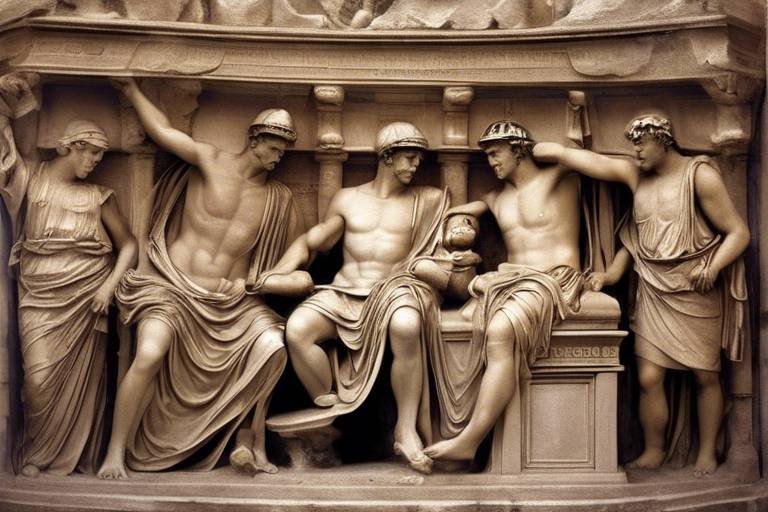The Cultural Importance of Storytelling in African Societies
Storytelling holds a profound significance in African societies, serving as a cornerstone of cultural heritage and identity. Across the diverse landscapes of the continent, oral traditions have been woven into the fabric of communities, carrying with them the wisdom, history, and values of generations past. The art of storytelling transcends mere entertainment; it is a powerful tool for education, healing, and spiritual connection.
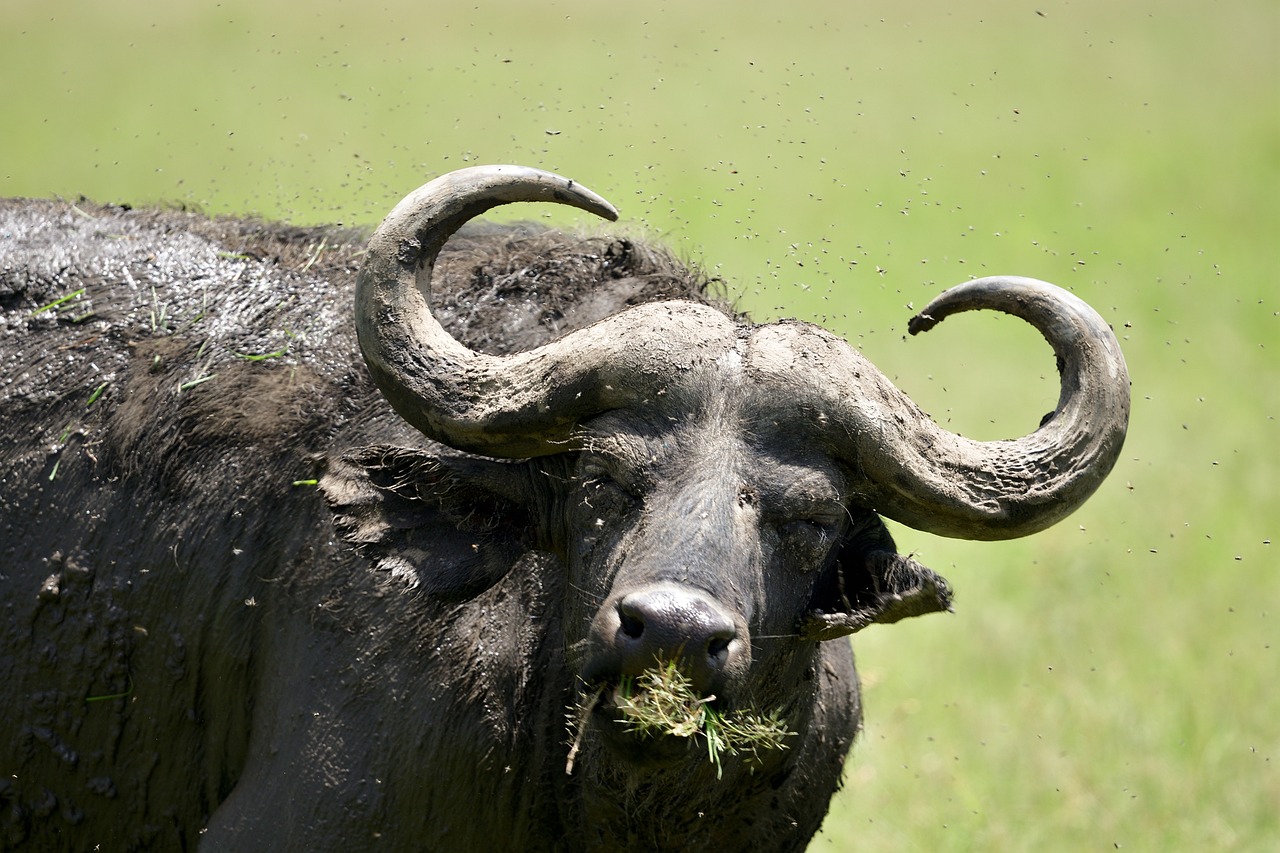
Oral Tradition in African Cultures
In African societies, the tradition of oral storytelling holds a profound significance that transcends mere entertainment. It serves as a vital link to the past, connecting generations through the retelling of myths, legends, and historical accounts. Storytellers, often revered members of the community, play a crucial role in preserving cultural heritage and passing down wisdom to younger members.
Through the art of oral storytelling, communities in Africa have maintained a strong sense of identity and belonging. Stories are not merely narratives but repositories of collective memory, embodying the values, beliefs, and experiences of the people. The spoken word carries a weight that goes beyond the words themselves, encompassing emotions, gestures, and intonations that bring the stories to life.
Symbolism plays a significant role in African folktales, with animals, natural elements, and supernatural beings often representing deeper meanings and moral lessons. Themes of unity, respect for nature, and the eternal struggle between good and evil permeate these stories, offering listeners insights into the complexities of life and the importance of moral conduct.
Moreover, oral storytelling in African cultures is a dynamic and interactive process, with listeners actively participating through responses, chants, and gestures. This communal aspect of storytelling fosters a sense of togetherness and shared experience, reinforcing social bonds and collective values.
As technology and modernization continue to reshape African societies, the tradition of oral storytelling faces new challenges. However, efforts to preserve and promote this cultural practice are ongoing, with initiatives aimed at documenting stories, training new storytellers, and integrating traditional narratives into contemporary mediums.
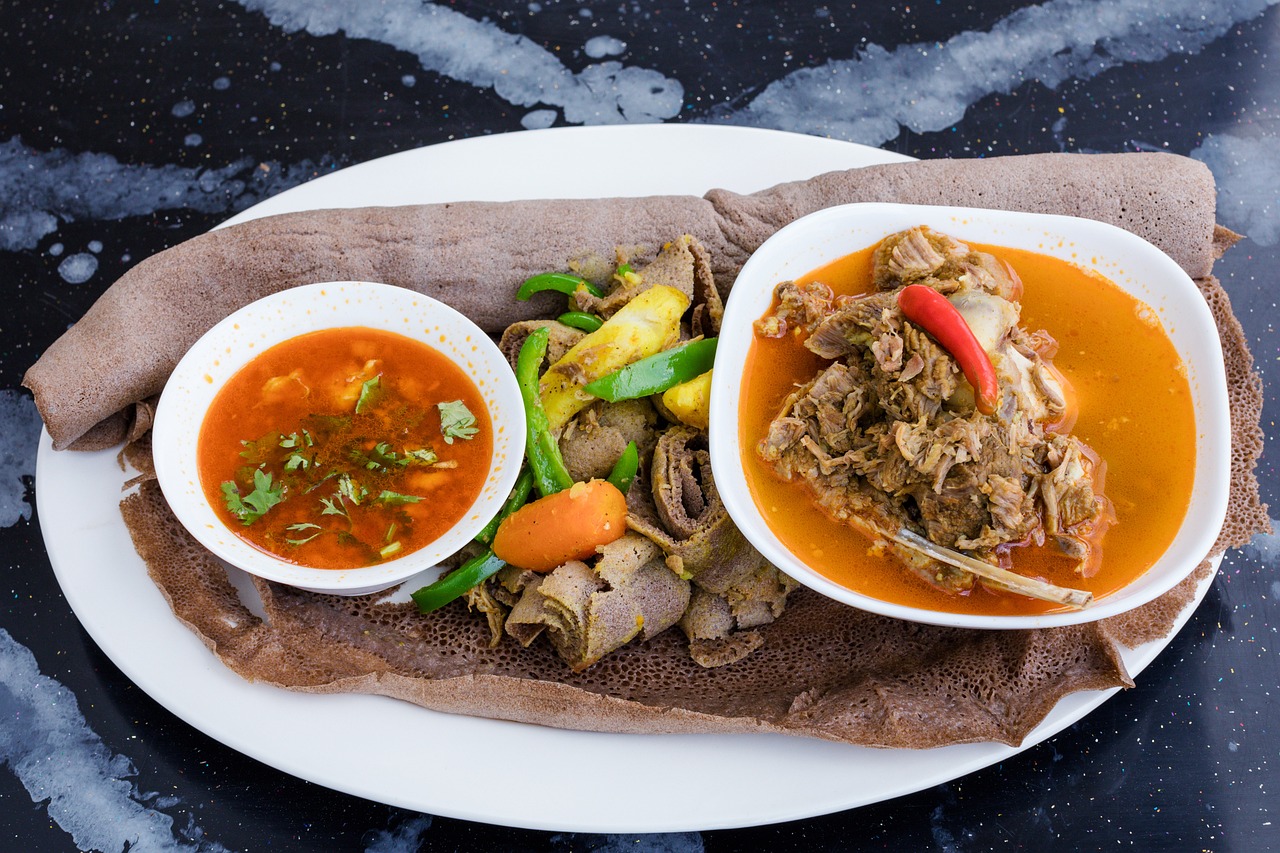
Symbolism and Themes in African Folktales
African folktales are rich in symbolism and themes that reflect the cultural values and beliefs of various African societies. These stories often carry deeper meanings beyond the surface narrative, serving as a medium through which important messages are conveyed to listeners. Symbolism in African folktales is intricately woven into the fabric of the stories, with elements like animals, nature, and supernatural beings representing virtues, vices, and societal norms.
Themes such as the importance of community, respect for nature, and the eternal struggle between good and evil are recurrent in African folktales. Through these themes, storytellers impart moral lessons and emphasize the significance of living in harmony with one's environment and fellow beings. The triumph of good over evil is a prevalent motif in many African stories, highlighting the resilience and moral fortitude required to overcome challenges.
Moreover, African folktales often feature characters who embody specific traits or virtues, serving as role models for listeners. These characters navigate complex moral dilemmas, face adversity with courage, and ultimately emerge victorious through their integrity and wisdom. By showcasing these qualities in their narratives, storytellers instill values of honesty, bravery, and compassion in the audience.
Additionally, the oral tradition of storytelling allows for the transmission of cultural knowledge and wisdom from one generation to the next. Through the retelling of folktales, younger members of the community learn about their heritage, customs, and ancestral traditions. This continuity of storytelling ensures that important cultural values and historical events are preserved and celebrated within African societies.
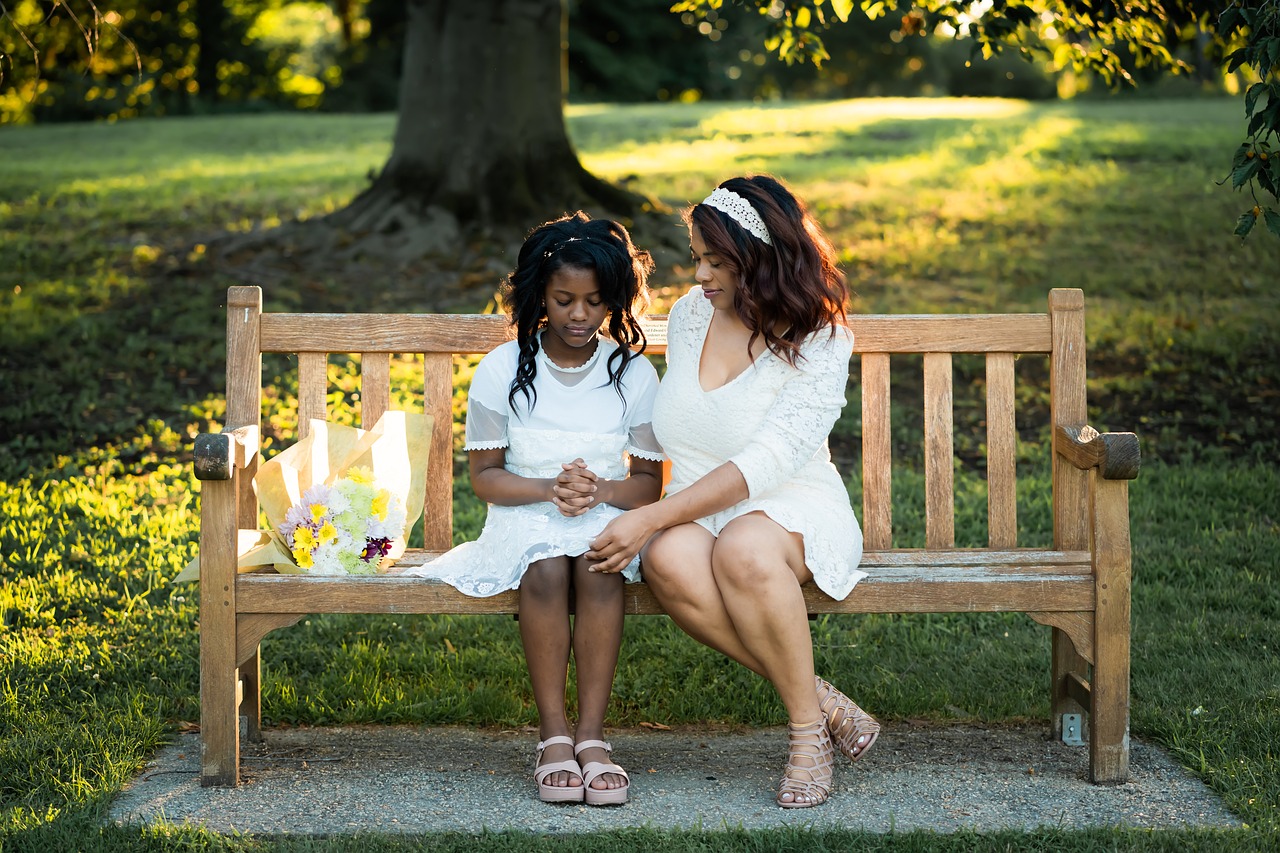
Role of Griots in West African Societies
In West African societies, Griots play a crucial role in preserving and passing down the history, genealogy, and cultural values of their communities. These traditional storytellers and historians are revered for their oral traditions that have been handed down through generations. Griots are not just storytellers; they are keepers of heritage and wisdom, serving as repositories of knowledge and history.
The role of Griots goes beyond mere entertainment; they are entrusted with the responsibility of educating the community through their narratives. By recounting tales of the past, Griots impart valuable lessons, moral teachings, and cultural values to the younger generations. Their stories serve as a link to the past and a guide for the future, ensuring that the history and traditions of their people are never forgotten.
Through their storytelling, Griots also celebrate the achievements and struggles of their ancestors, highlighting the resilience and strength of their communities. They are the living libraries of African societies, embodying the richness and diversity of their cultural heritage.
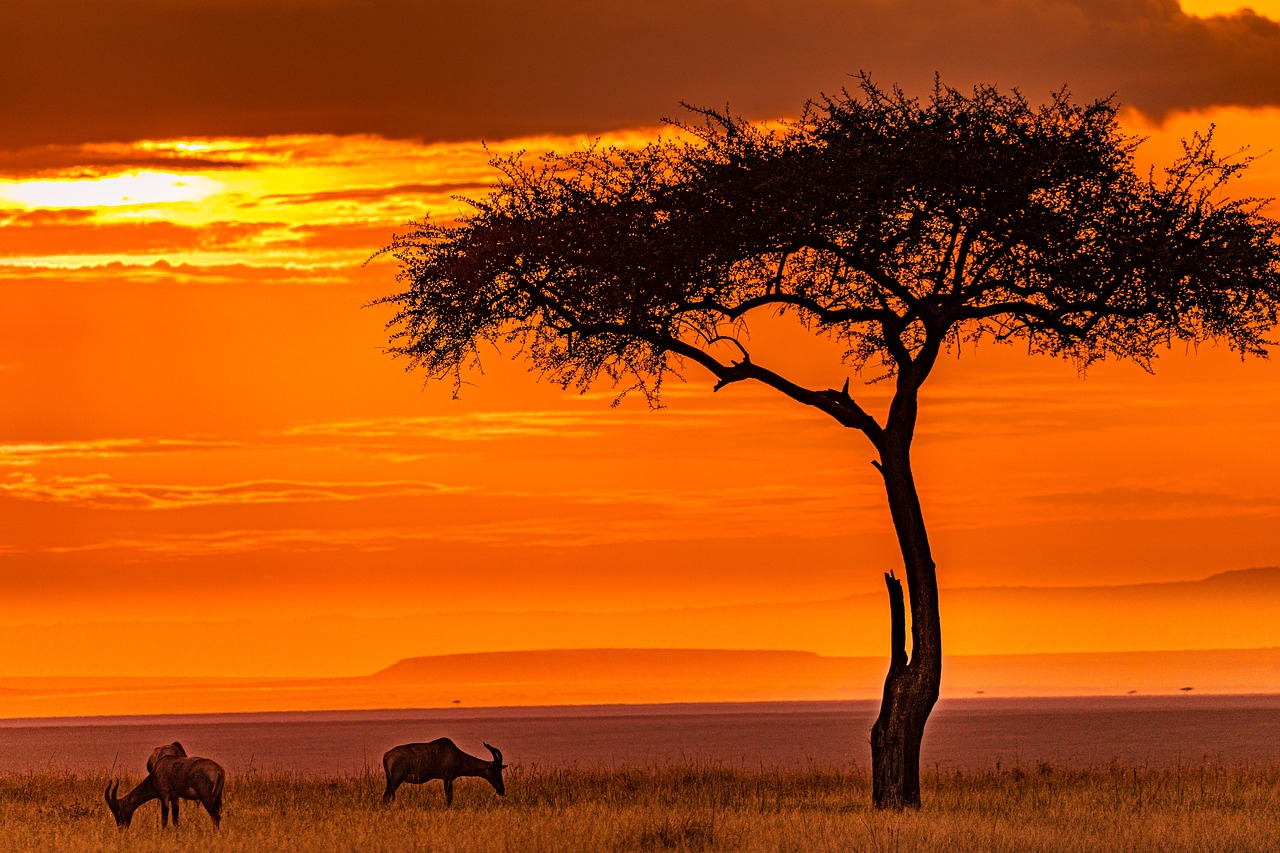
Storytelling as a Tool for Education
Storytelling has long been recognized as a powerful tool for education in African societies. Through the art of storytelling, valuable lessons are imparted, cultural values are instilled, and knowledge is passed down from one generation to the next. The oral tradition of storytelling serves as a dynamic educational medium, engaging listeners through captivating narratives that are not only entertaining but also educational.
One of the key aspects of storytelling as an educational tool is its ability to teach moral lessons in a way that resonates with the audience. By weaving moral dilemmas and ethical choices into stories, storytellers can prompt listeners to reflect on their own behaviors and decisions. Through the experiences of characters in tales, individuals can learn valuable lessons about honesty, courage, kindness, and other virtues that are essential for personal growth and community harmony.
Furthermore, storytelling is a means of instilling cultural values and preserving traditions within African societies. Through myths, legends, and folktales, cultural norms and beliefs are reinforced, ensuring that ancestral wisdom is not lost but carried forward to future generations. By listening to stories that celebrate the heritage and identity of their communities, individuals develop a sense of pride and belonging, strengthening their connection to their cultural roots.
Moreover, storytelling serves as a conduit for imparting knowledge across various domains, including history, science, and practical skills. In many African societies, stories are used to explain natural phenomena, teach agricultural practices, and recount historical events. Through engaging narratives and vivid imagery, complex concepts are simplified and made accessible to listeners of all ages, facilitating the transfer of knowledge in an engaging and memorable manner.

Healing and Spiritual Significance of Stories
Stories hold a profound healing power in African societies, transcending mere entertainment to become a source of spiritual nourishment and emotional solace. These narratives are not just tales but vessels of wisdom that carry the essence of cultural values and ancestral knowledge. When storytellers weave their words, they create a tapestry of healing energy that resonates with listeners on a deep level, offering comfort in times of distress and guidance in moments of uncertainty.
In many African cultures, storytelling is seen as a sacred practice that connects individuals to their ancestors and the spiritual realm. Through stories, people can commune with the spirits of the past, seeking guidance, protection, and blessings for the present and future. The act of storytelling becomes a ritual of remembrance, honoring the wisdom of those who came before and ensuring that their legacy continues to inspire and guide the living.
Moreover, stories are believed to have the power to heal emotional wounds and restore balance to the soul. By sharing their experiences and struggles through narratives, individuals can find catharsis and release, allowing them to process their emotions and find inner peace. Stories act as mirrors that reflect the human experience, validating feelings and offering a sense of connection and belonging in a sometimes chaotic world.
Furthermore, storytelling serves as a tool for maintaining spiritual equilibrium in African societies, where the natural and supernatural coexist harmoniously. Through myths, legends, and folktales, people can tap into the mystical forces that govern the universe, seeking harmony and alignment with the cosmic order. Stories are not just entertainment but pathways to enlightenment, guiding listeners on a spiritual journey of self-discovery and transformation.
Ultimately, the healing and spiritual significance of stories in African societies cannot be overstated. They are more than words on a page or tales told around a fire; they are living, breathing entities that carry the essence of a culture and the soul of a people. In a world fraught with challenges and uncertainties, stories offer a beacon of hope and a source of strength, reminding us of our shared humanity and the enduring power of the human spirit.
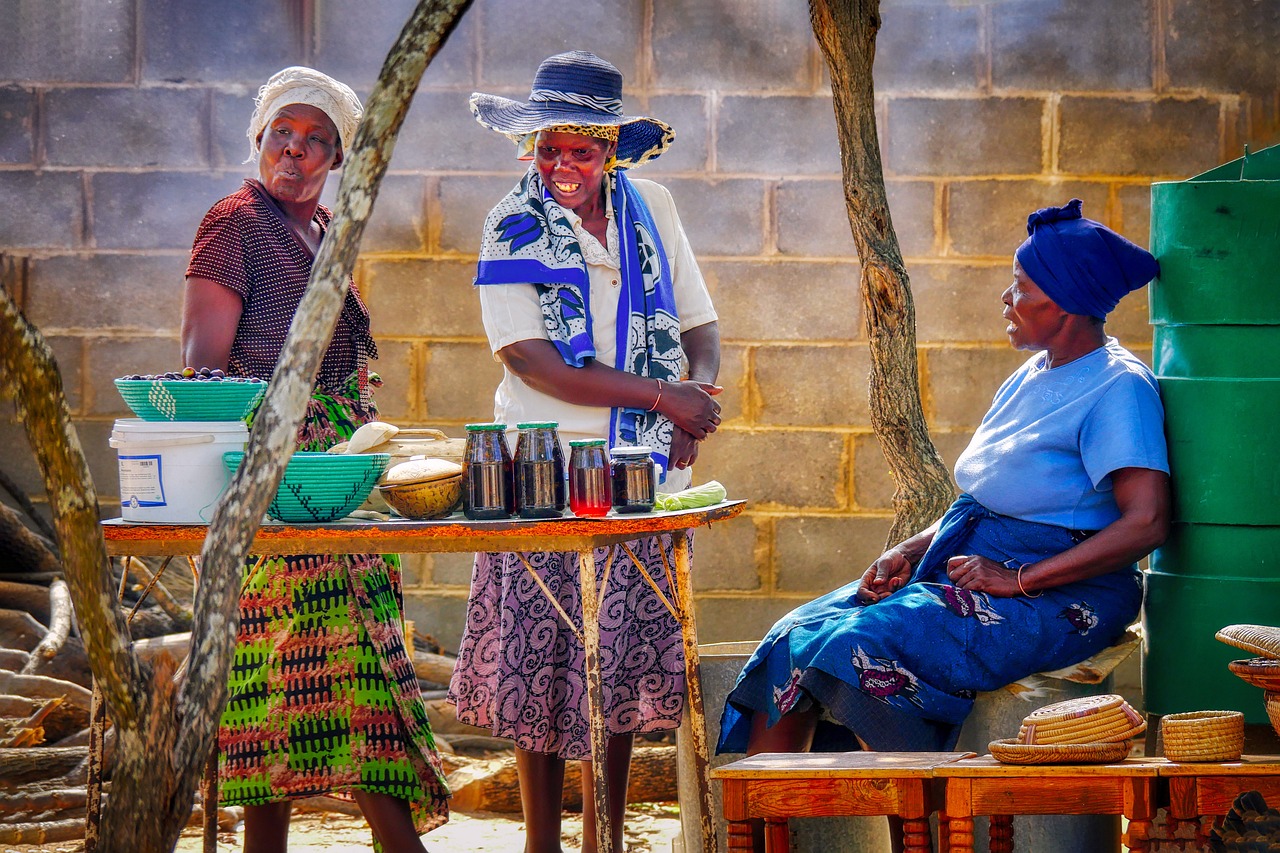
Evolution of Storytelling in Modern Africa
In modern Africa, storytelling has undergone a fascinating transformation, adapting to the changing times while still holding onto its traditional roots. The oral narratives that once echoed through villages are now being translated into various forms of media, reaching wider audiences than ever before. From literature to film and digital platforms, African storytellers are embracing new ways to share their tales while staying true to their cultural heritage.
One notable aspect of this evolution is the rise of African literature on the global stage. Renowned authors such as Chinua Achebe, Chimamanda Ngozi Adichie, and Ngũgĩ wa Thiong'o have captivated readers worldwide with their powerful storytelling, shedding light on African experiences and perspectives. These literary works not only entertain but also educate and challenge stereotypes, enriching the global literary landscape.
Furthermore, African filmmakers are using the visual medium to bring stories to life on the big screen. Movies like "Tsotsi" from South Africa, "Timbuktu" from Mali, and "Lionheart" from Nigeria have garnered international acclaim, showcasing the diverse narratives and talents of African cinema. Through film, storytelling transcends language barriers and cultural differences, resonating with audiences across the globe.
Additionally, the digital age has opened up new possibilities for storytelling in Africa. With the widespread use of social media and online platforms, storytellers can now reach a vast virtual audience instantaneously. Blogs, podcasts, and interactive websites have become popular tools for sharing stories, allowing for greater engagement and interaction with listeners and readers.
As storytelling continues to evolve in modern Africa, there is a delicate balance between preserving traditional narratives and embracing innovation. While new mediums offer exciting opportunities for creativity and outreach, it is essential to honor the rich heritage and authenticity of African storytelling traditions. By blending the old with the new, African storytellers are shaping a vibrant narrative landscape that celebrates both the past and the future.
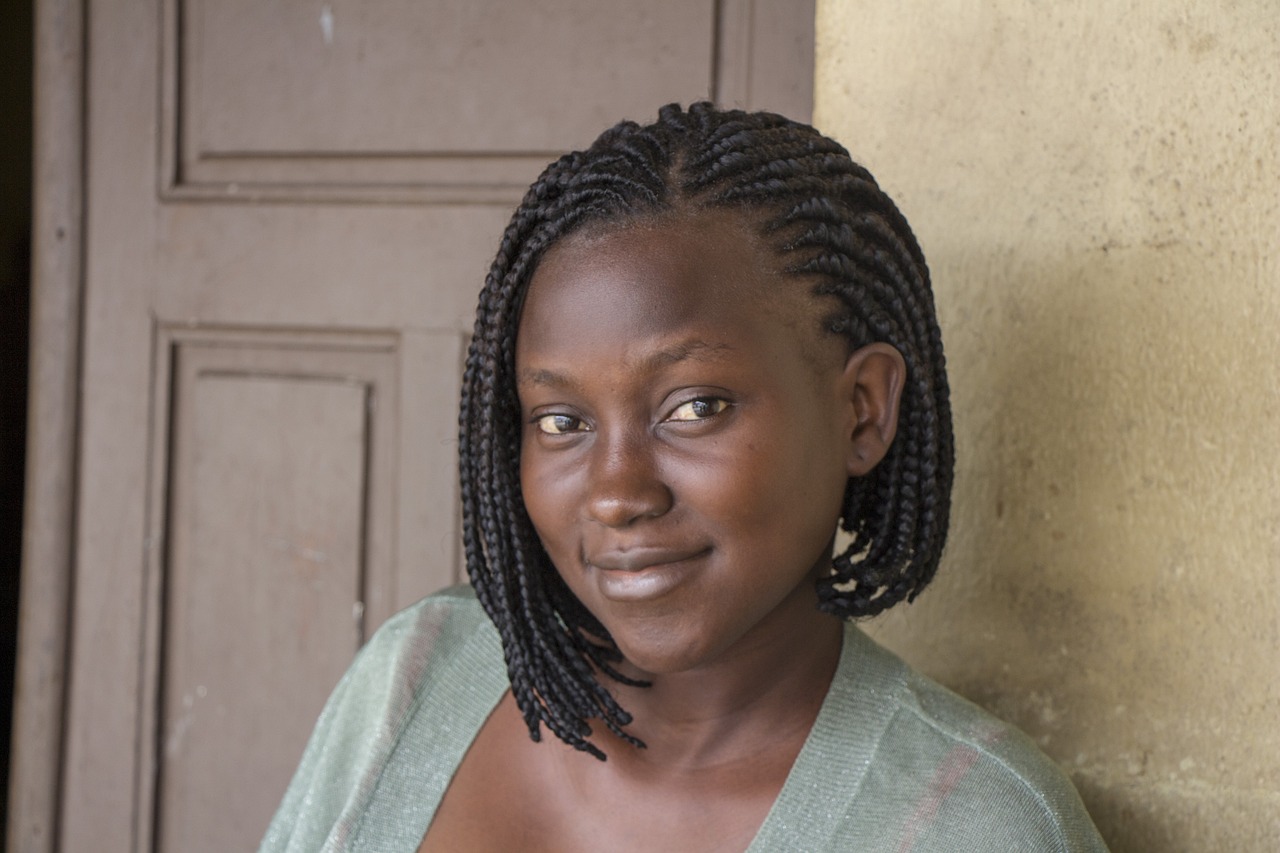
Gender Dynamics in African Storytelling
In African storytelling traditions, gender plays a significant role in shaping narratives and the roles of storytellers. While historically, men have often been the primary storytellers in many African societies, there is a growing recognition of the importance of women as storytellers. Women storytellers bring unique perspectives and experiences to the stories they share, enriching the cultural tapestry of African storytelling.
The representation of gender roles in African narratives is also a crucial aspect of storytelling dynamics. Stories often reflect and reinforce traditional gender norms and values within African communities. Through storytelling, these norms are passed down from generation to generation, shaping societal expectations and behaviors related to gender.
Moreover, African storytelling provides a platform for the empowerment of marginalized voices, including women and other marginalized genders. By amplifying the voices of those often underrepresented in mainstream narratives, storytelling in Africa serves as a tool for promoting diversity, inclusion, and social equity.
In some African cultures, women have been the custodians of specific types of stories, such as those related to childbirth, motherhood, and domestic life. These stories not only celebrate the experiences of women but also serve as a means of passing down knowledge and wisdom related to womanhood from one generation to the next.
As African societies continue to evolve and embrace new forms of storytelling, the representation of gender in narratives is also evolving. Contemporary African storytellers are challenging traditional gender roles and stereotypes through their work, creating stories that reflect the diverse experiences and perspectives of individuals across the gender spectrum.
Overall, gender dynamics in African storytelling are complex and multifaceted, reflecting the diversity and richness of African cultures. By exploring the role of gender in storytelling traditions, we gain valuable insights into the ways in which stories shape and are shaped by the cultural values, beliefs, and identities of African communities.

Impact of Globalization on African Storytelling
Globalization has had a profound impact on African storytelling practices, reshaping traditional narratives and expanding their reach to a global audience. As borders blur and cultures intermingle, African storytellers are navigating new opportunities and challenges in sharing their stories with the world. The influx of digital media and the internet has provided a platform for African stories to transcend geographical boundaries and reach diverse audiences.
One significant effect of globalization on African storytelling is the preservation of traditional stories in the face of modernization. As Western influences permeate African societies, there is a growing awareness of the need to safeguard indigenous narratives and cultural heritage. Through digital archives and online platforms, these stories are being documented and shared to ensure their longevity in a rapidly changing world.
Moreover, globalization has facilitated the adaptation of African narratives to new mediums and formats, such as literature, film, and social media. Storytellers are exploring innovative ways to engage with audiences worldwide, blending traditional storytelling techniques with modern storytelling tools. This fusion of old and new creates a dynamic storytelling landscape that resonates with contemporary audiences while honoring age-old traditions.
Another consequence of globalization on African storytelling is the exchange of stories across cultures, leading to a rich tapestry of diverse narratives and perspectives. As stories travel beyond their original contexts, they undergo transformations and interpretations that reflect the interconnected nature of global storytelling. This cross-pollination of ideas and narratives fosters cultural exchange and mutual understanding among people from different backgrounds.
In conclusion, the impact of globalization on African storytelling is multifaceted, presenting both challenges and opportunities for storytellers to share their rich heritage with the world. By embracing digital platforms, adapting to new mediums, and engaging in cross-cultural dialogue, African storytellers are revitalizing age-old traditions for future generations while embracing the possibilities of a globalized world.
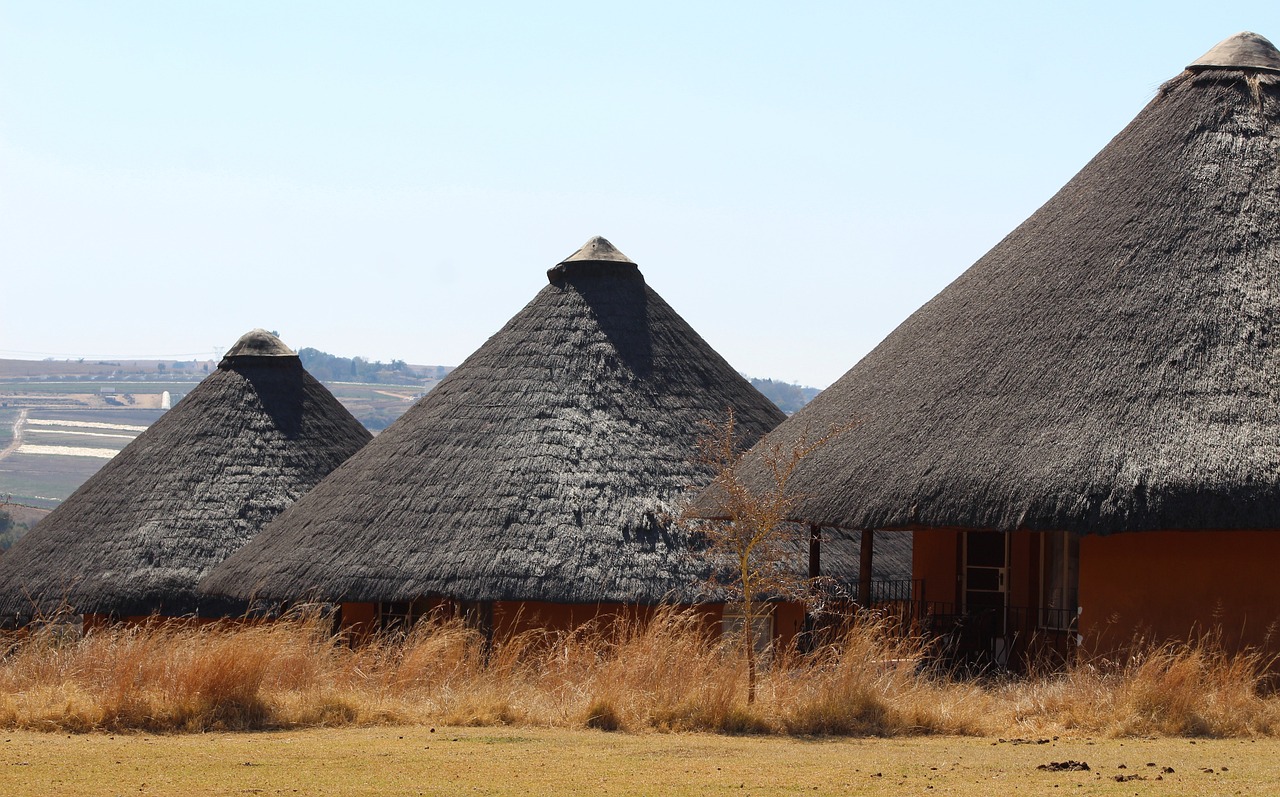
Revitalizing Storytelling for Future Generations
Revitalizing storytelling traditions in African societies is crucial for preserving cultural heritage and passing down wisdom to future generations. Initiatives aimed at reviving the art of storytelling include organizing storytelling workshops where experienced storytellers share their knowledge and techniques with aspiring young individuals. These workshops serve as platforms for learning traditional storytelling methods and encourage creativity in crafting new narratives that resonate with contemporary audiences.
Cultural festivals play a significant role in revitalizing storytelling by providing a space for storytellers to showcase their talents and engage with diverse audiences. These festivals celebrate the richness of African oral traditions through performances, workshops, and interactive storytelling sessions that captivate both young and old alike. By bringing communities together to celebrate storytelling, these events foster a sense of belonging and pride in cultural identity.
Furthermore, the digital age has opened up new opportunities for sharing stories with a global audience. Online platforms dedicated to African storytelling allow storytellers to reach a wider demographic and connect with individuals beyond their local communities. Through podcasts, blogs, and social media, storytelling is being revitalized in a modern context, attracting younger audiences and ensuring that the tradition continues to thrive in the digital era.
Frequently Asked Questions
- What is the significance of storytelling in African cultures?
Storytelling holds immense cultural importance in African societies as it serves as a means of preserving history, passing down traditions, and imparting moral lessons from one generation to the next. It is a way for communities to connect, share wisdom, and maintain their cultural identity.
- Who are griots and what is their role in West African societies?
Griots are traditional West African storytellers and historians who play a vital role in preserving and transmitting the oral history, genealogy, and cultural values of their communities. They are revered for their ability to entertain, educate, and keep the collective memory of their people alive through storytelling.
- How has globalization impacted African storytelling traditions?
Globalization has influenced African storytelling by facilitating the exchange of stories across cultures, the adaptation of traditional narratives to new mediums like literature and film, and the preservation of stories in the face of modernization. It has both challenged and enriched the ways in which stories are shared and understood in contemporary African societies.
- What initiatives are being taken to revitalize storytelling for future generations?
Various initiatives, such as storytelling workshops, cultural festivals, and digital platforms, are being implemented to revitalize storytelling traditions in African societies. These efforts aim to engage younger generations, promote cultural heritage, and ensure that storytelling remains a vibrant and relevant part of African culture in the digital age.




